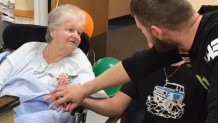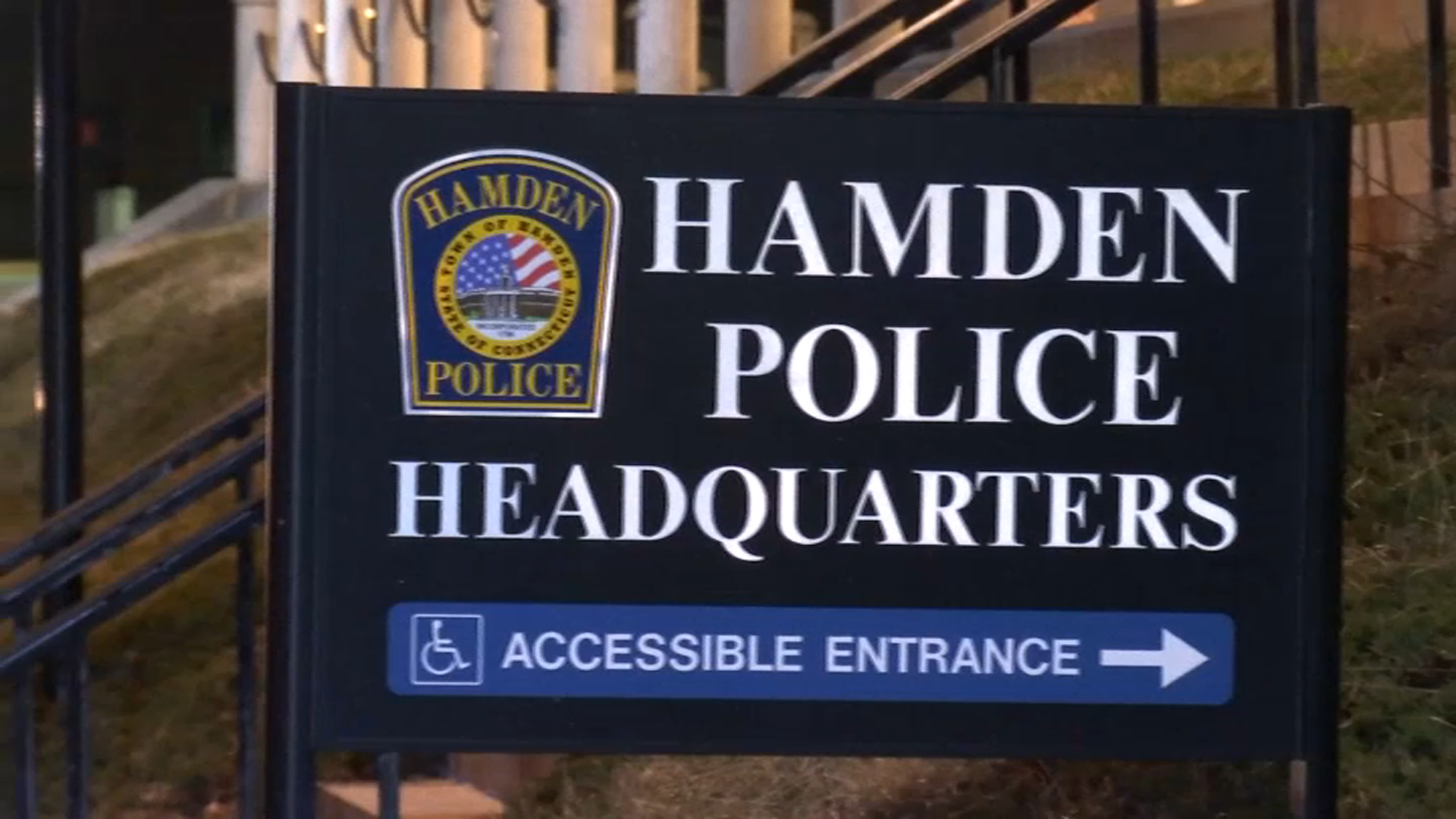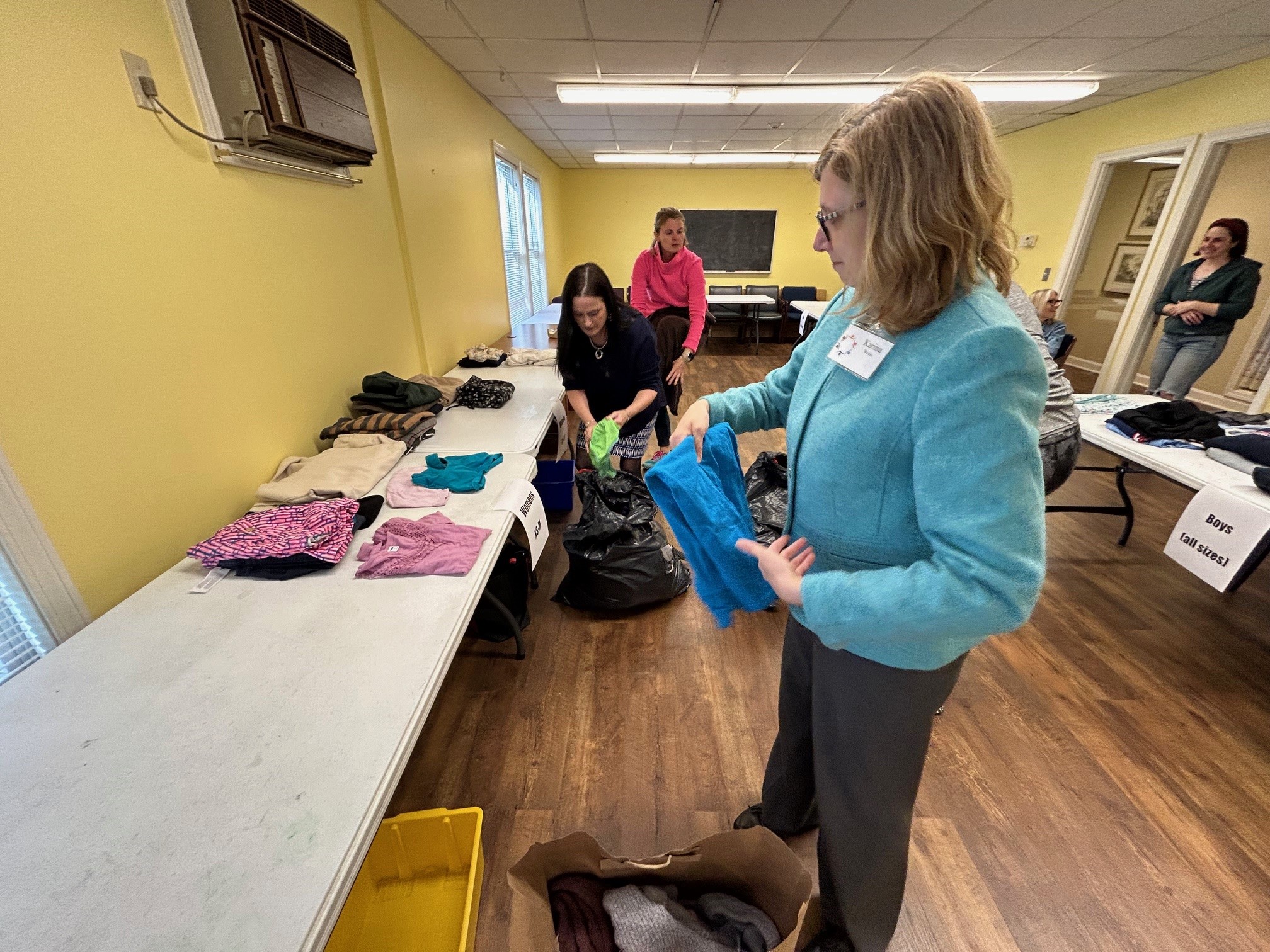There are real-life consequences associated with social isolation. Experts believe it is a hidden health crisis amid the pandemic - especially for older people, many of whom reside in long-term care facilities across Connecticut.
“We kept saying ‘Soon mom. We’ll be together again soon’,” said Lynn Norman of Plainville. ‘Soon’ became six months,” she said.
Norman spent most of 2020 missing her mother, Connie, a resident of an assisted living facility in Bristol. With COVID-19 visitation restrictions in place, Norman said she could see the isolation taking a devastating toll on her mother’s physical and mental health.
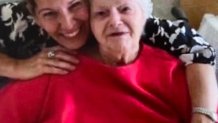
Early in the pandemic, Norman would hold family virtual calls with her mother. “We would get her to laugh. We’d show her the kids, the grandkids and everything,” said Norman. “It was okay for a little while.”
“It got to be where she stopped smiling,” Norman said of her mother’s deteriorating health. “She stopped laughing. And through the months, she stopped talking.”
Norman said she has long understood why strict safety guidelines are in place. But she believes people also need to understand the consequences of loneliness.
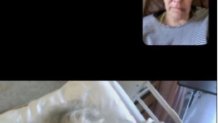
“That’s all she had left was us,” Norman said. “That’s all she wanted was us.”
Local
The toll of the isolation that Norman said her mother was dealing with day after day is exactly what researchers at Quinnipiac University are studying. Nick Nicholson is a professor of nursing with a specific focus on the impact of isolation in older adults.
“People are more likely to die, just in general, when they’re socially isolated,” said Nicholson. He added that the use of technology to make regular, virtual connections does, in fact, make a difference - and it is still the safest bet.
“It takes one step to bring them back, one additional connection, one additional person that cares, one change in the way people are able to visit for them to feel that optimism,” Nicholson said.
That has been the approach at the North End Senior Center in Hartford, where staffers have stayed in touch with seniors through phone calls, video chats and virtual aerobics and tai chi classes.
“The interaction is just incredible,” said Suzanne Holliday-Thomas, who serves as Community Nurse Liaison at the senior center.
“I’m a hugger,” said Holliday-Thomas. “It’s just been so hard not to give them hugs. Just kind cross your arms and let them know that your sending love their way.”
She said she is hopeful about the future but knows so much has been lost in 2020.
“When the senior center does reopen, there’s going to be a lot of integral lives that are not going to be there,” Holliday-Thomas added.
Meanwhile, Norman’s 84-year-old mother, Connie, never had COVID-19. She was, however, rushed to a hospital emergency room with pneumonia and dangerously low blood-sodium levels. Later, Connie landed in hospice care. That move from the nursing home to end-of-life care offered a silver lining, Norman said: the chance to be by her mother’s side again.
“We got to be with there 24/7,” Norman said. “She was never alone.” However, the opportunity to be together in person did not last long.
“Within five minutes she was gone. So, it was just me and her. But as hard as it is, I feel like she’s not suffering anymore,” Norman said of her mother’s passing.
“It just reinforced that family’s everything,” Norman said. “And I will take from this to be a strong person like my mother was.”
